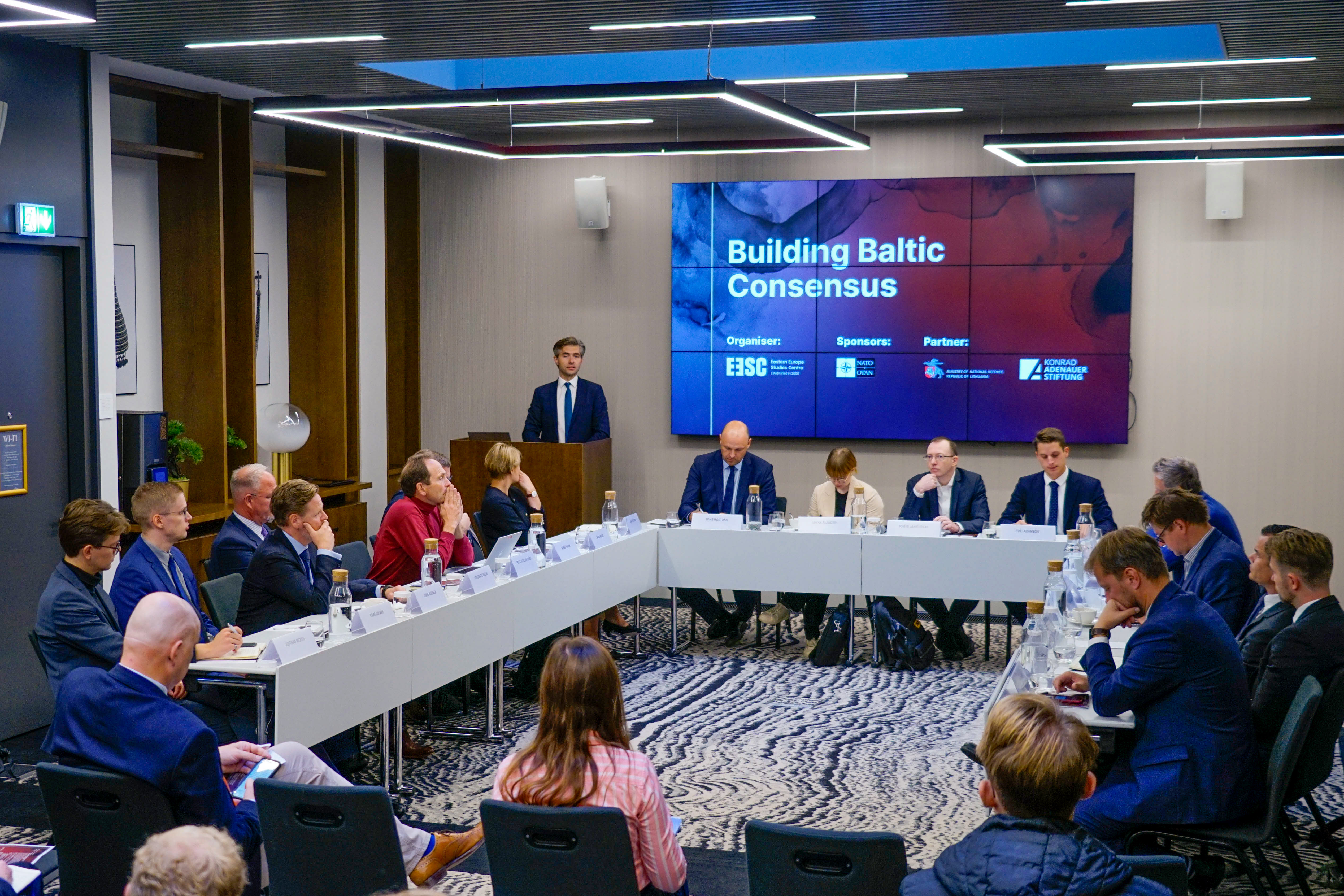On June 30, EESC, in partnership with the International Elections Study Center (IESC), hosted a discussion entitled “Moldova and Armenia: local elections and broader political trends.” During the discussion, analysts from both organizations shared their insights on the recent local elections in the countries, the attitudes of the political elites and the general society towards the EU and European integration, and prospects of European cooperation with these states.
Moldova: the main source of tension is corruption
Anastasija Stefanovič of IESC presented the overview of the recent local elections in Moldova. She observed that the elections were complicated by the recent corruption scandals in the Moldovan banking sector (which resulted in $1bn losses for the state) and the recent resignation of the Prime Minister Chiril Gaburici. However, the elections were hardfought and competitive: all main parties competed for seats in all major cities, with decentralization and corruption being the main areas of debate. The so-called pro-european parties won in 17 counties, while the pro-russian ones won in 11.
Vilius Ivanaskas (senior analyst, EESC) pointed out that another important theme during the elections was the parties’ attitude towards Europe and cooperation with the EU. Accoding to Dr. Ivanauskas, the “European question” has become an instrument of differentiation for the main parties in Moldova. However, political parties in the country do not have a united and consolidated stance on cooperation with the EU and only 32% of Moldovans express support for furhter European integration. Thus, the dominant discourse of Moldova as a pro-European state fails to recognize the political and societal dynamics in the country.
The interim director of the EESC Laurynas Kasčiūnas argued that the “pro-European” parties in Moldova often use their stated interest in the EU to draw attention away from corruption of the party and its ties with local businesses. For this reason, alternative political agents potentially interested in cooperation with the EU should be considered – one of them being the Communist Party of Moldova.
Armenia: little prospect of decreasing dependency on Russia
Discussing the situation in Armenia, Dr. Ivanauskas drew attention to the recent tensions within the country. He cited the recent protests against energy price hikes in the five major cities of Armenia, as well as the divisions within the political elites regarding the President Serzh Sargsyan’s 2013 decision to abandon negotiations on the Association Agreement with the EU.
According to Dr. Ivanauskas, the decision to abandon the EU in favor of cheaper energy from Russia recently acquired a new meaning in the political discourse in Armenia. Mr. Sargsyan’s actions are often described as the testimony to the entrenched corruption in the country and its huge dependency on Russia. Therefere, cooperation with the EU remains as an attractive policy direction – especially regarding visa facilitation.
However, the geopolitical situation in Armenia conditions the country to associate with Russia – and the public opinion in the country supports this partnership. 55% of Armenians hold Russia to be its main security guarantor and thus even the recent protests show little potential to develop into a wider anti-government movement.


